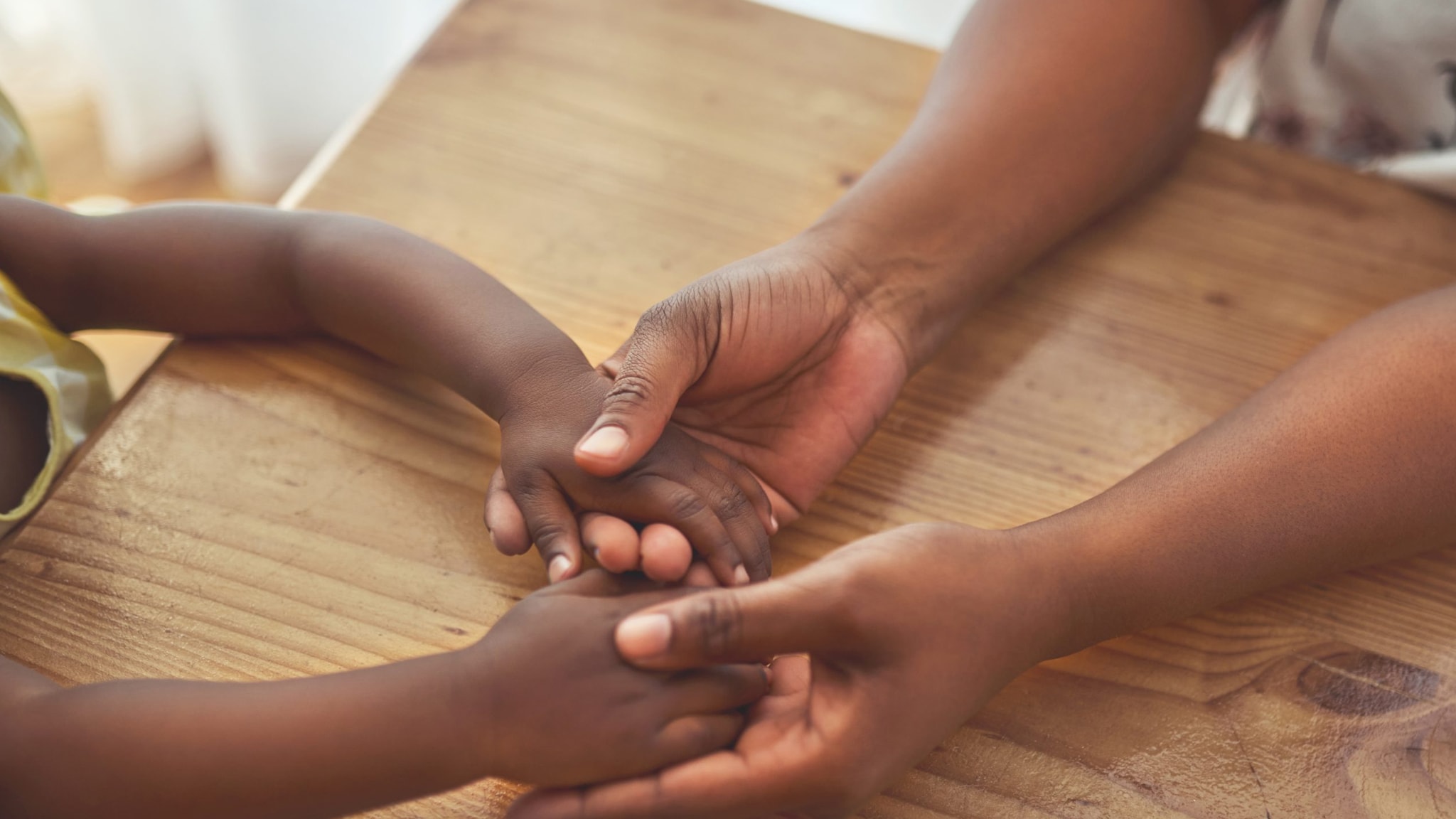At a glance
For over twenty years, PEPFAR has supported programs that prioritize children most impacted by HIV, including those living with HIV or who have lost one or both parents to HIV. As of 2024, CDC, through PEPFAR, supports approximately 13,500 children and their families in the Democratic Republic of Congo.
Orphans and vulnerable children
*Story originally published in 2024.

Getty Images
For over twenty years, PEPFAR has supported Orphans and Vulnerable (OVC) programs that prioritize children most impacted by HIV, including those living with HIV, who have lost one or both parents to HIV, and those at high risk of HIV infection.
As of 2024, CDC's OVC program in the Democratic Republic of Congo (DRC) supports approximately 13,500 children and adolescents and their families, 4,000 of whom are children and adolescents living with HIV. The OVC program provides essential household-based case management services that address children's and families' health, psychosocial, safety, and economic needs—children just like Dee*A and Kirthi*A.
Solving the puzzle
Without a steady income and a reliable food supply, Dee, a nine-year-old boy in Kinshasa, was alone for long hours while his mother tried to make ends meet. As a child with HIV, it's critical Dee takes antiretroviral therapy (ART) as prescribed to keep the amount of virus in his system low. Despite close medical follow-ups offered to Dee by care providers and the Lisanga project, his health continued to decline.
As Case Manager, Kady learned that Dee's mother, B, was careful with her son's medicine but struggled as a single mother. "For me to complete tasks far away from home, I was leaving Dee alone and sometimes hungry. If there was no food, he refused to take medicines; if I returned home late after the recommended hours for drug taking, I could not give him his medicine," B further explained.
Through CDC's supported OVC program, B received a small grant to start a business making cassava breads.
- Dee's mother, B
The journey to hope
After losing both her parents by age 15, Kirthi found herself abandoned by her immediate family because of her HIV-positive status. Her elderly grandmother took her in, and through the kindness of a stranger, the two found shelter in a tiny outbuilding. With support from CDC, through PEPFAR, Kirthi was able to enroll in the Lisanga project. There, she received testing to learn how much HIV is in her system, also known as viral load testing, and lifesaving ART.
Sadly, tragedy found Kirthi once more when her aging grandmother passed, forcing her to wander the streets begging for money to survive. With so much responsibility on her young shoulders, Kirthi's HIV treatment adherence no longer felt like a priority. As her viral load levels climbed, Kirthi began to repeatedly fall ill, and as a result, she dropped out of school. As her health worsened, Kirthi was enrolled in the OVC program.
Diamante, a case manager for the OVC program, described this time for Kirthi, "She went through a serious depression; she was just expecting to die and join her late parents in the afterlife. For her, at that time, life had no meaning." Adding, "I was worried about Kirthi's health and followed up with the care provider. After learning of her high viral load, I decided to become her caregiver. I went with her to all appointments and kept her medicine with me."
Kirthi returned to school through OVC education assistance and is learning to make dresses. She also found a new home with Diamante, and her depression began to improve, "At home, I empower her with words of encouragement: you are not alone, I am your mother now, and my children are your relatives. Slowly, she began being acquainted with my children and me. Because of this warm familiarity, her depression disappeared."
Helping families and children thrive
Stories of hope are not unique to Kirthi and Dee. CDC, through PEPFAR, has supported OVC programs in Nigeria, Uganda, Kenya, Zambia, Cote d'Ivoire, the Democratic Republic of Congo, and Haiti. As of February 2024, over 750,000 beneficiaries have received vital HIV treatment and support that help children thrive. By providing valuable assistance to people impacted by HIV in these communities, CDC is helping countries achieve an HIV-free generation.
- *Names have been changed to help protect the children's and families' identities.
